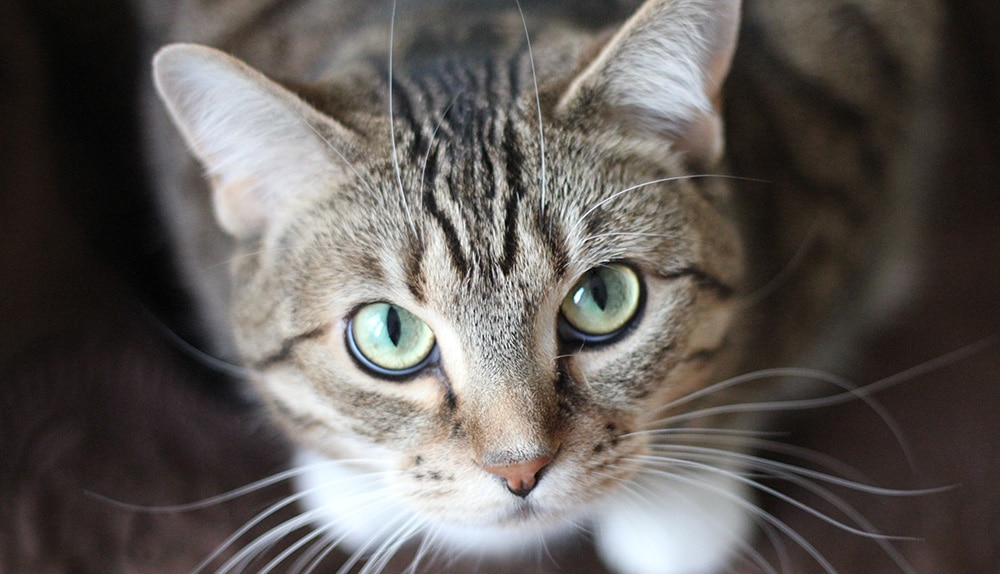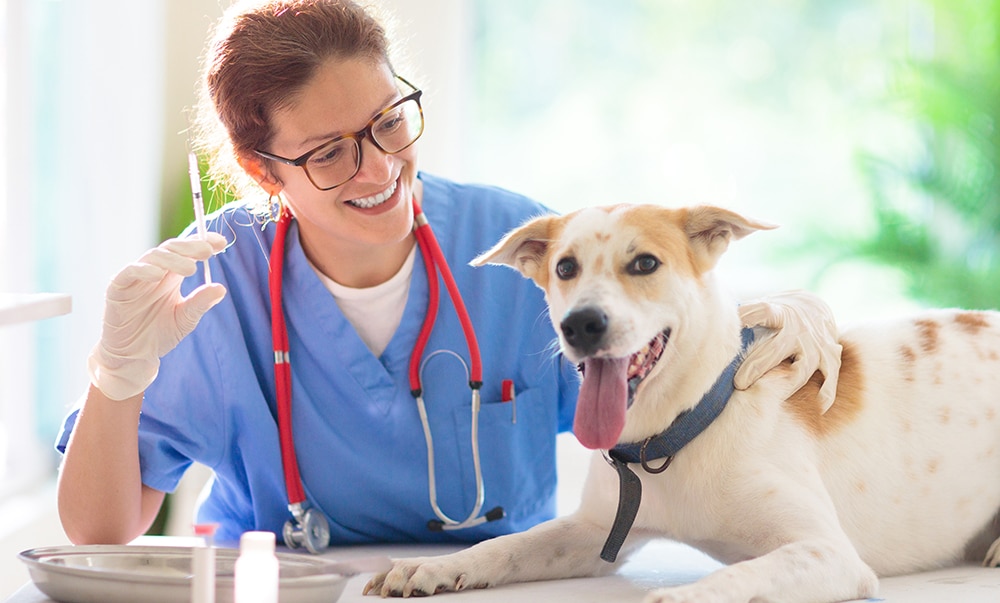August is National Immunization Awareness Month. This annual observance highlights the importance of pet vaccination. In the last century, the practice of vaccination has significantly increased and has led to preventing disease and death in millions of cats and dogs.
This blog goes over what vaccines are, why vaccines for pets are important, core vaccinations for cats and dogs, risks of vaccination and how often pets should get vaccinated.
What are Pet Vaccines?
Vaccinations are antigens designed to help a pet’s immune system protect itself against harmful disease-causing organisms. Vaccines mimic bad microorganisms in the pet’s body, but do not actually cause the disease. This prepares the pet’s body to recognize dangerous viruses, bateria and other infectious organisms. The immune system then perceives the danger and knows how to fight against the disease-causing organisms before they do harm to your pet
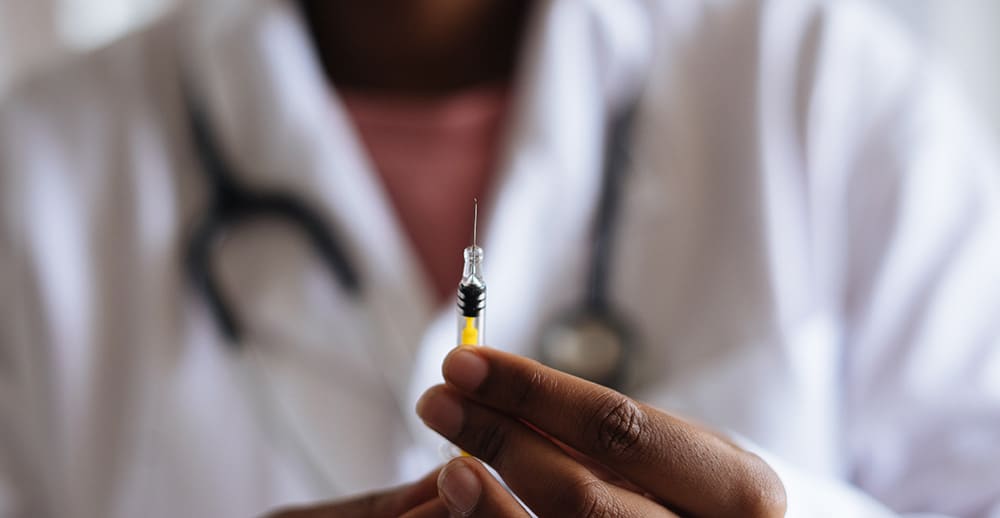
Why Pet Vaccines are Important
Prevention of Pet Illness
Disease-causing organisms can really damage your pet’s health. For rabies and distemper there are no known cures to heal an unvaccinated animal that has contracted one of these diseases. Majority of cases are fatal. Heartworm can cause organ damage and heart failure. Hepatitis can become chronic with lifelong symptoms. All of these illnesses are preventable through immunization.
Prevention of Spreading Disease-Causing Organisms
Getting your pet vaccinated not only prevents your cat or dog from getting a disease-causing organism, but stops it from being passed between animals and from animals to humans. If one pet is sick in the household, then very quickly others in the same home fall victim to the illness.
Wildlife can pass on dangerous diseases to your pets. The most common are rabies and distemper, both of which do not have any cure treatments. An unvaccinated cat or dog is not immune to the disease-causing organisms and can fall prey easily.
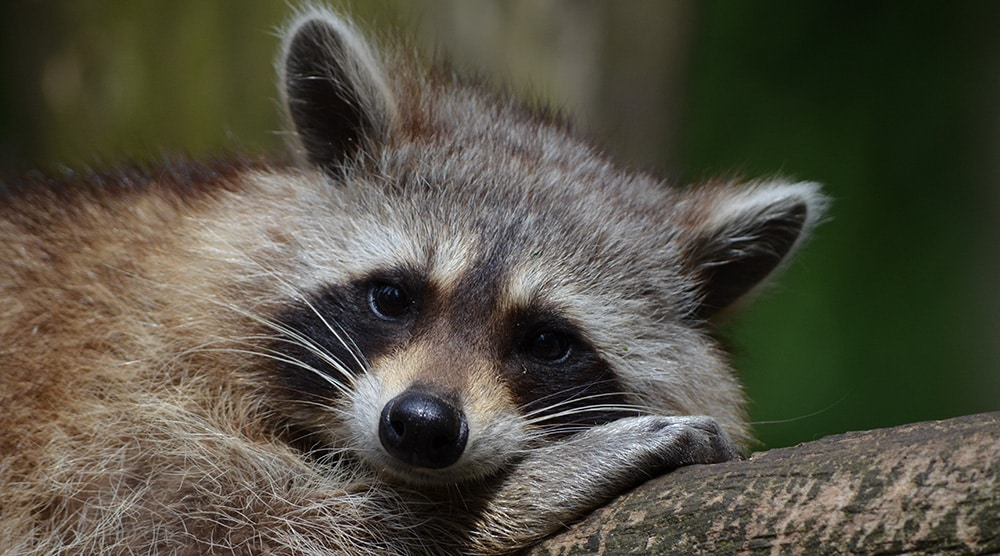
Pet Vaccines are Cheaper than Treatment
Immunization of pets helps to cut the cost of treatment later on. When an animal is infected with one of the many disease-causing organisms, the treatment to heal or keep at bay the disease is very costly. Vaccines are significantly cheaper than treatments and less invasive for your pets.
Local and State Pet Vaccination Laws
Most local and state ordinances require vaccinations for household cats and dogs. Local and state governments want to prevent the spread of infectious organisms among pets in their area. Vaccinations for diseases like rabies are required to be on a pet’s ID tags to show they have received the shot and have gotten updated boosters. Check with your local government website to see which pet vaccinations are mandatory for your county and state.
Pet Boarding Vaccinations Requirements
To place your cat or dog in a pet boarding facility, vaccinations are required. All pet boarding businesses state that the owner needs to bring paperwork showing that the animal has completed all their necessary vaccinations. If the owner fails at providing proof of vaccinations, then the business has the right to turn away the pet.
Core Vaccinations for Cats and Dogs
Kittens start their vaccinations at nine weeks old and receive their second booster set at three months old. Their core vaccinations are feline distemper (Panleukopenia), feline viral rhinotracheitis (feline herpes virus 1), feline Calicivirus and rabies.
Puppies begin their first round of vaccinations at six to eight weeks old, depending on when the owner takes the puppy home. They are put on a schedule for every two weeks to receive a vaccination until they are around four months old when they get their final round. After their third round at about 16-18 weeks old, they are allowed to interact in public. Their core vaccinations are canine distemper, canine hepatitis, canine parainfluenza, coronavirus (not COVID-19), Heartworm, parvovirus, and rabies.
Non-core vaccines for dogs are kennel cough, Lyme disease, leptospirosis, and canine influenza. Non-core vaccines for cats are Bordetella bronchiseptica and chlamydia felis.
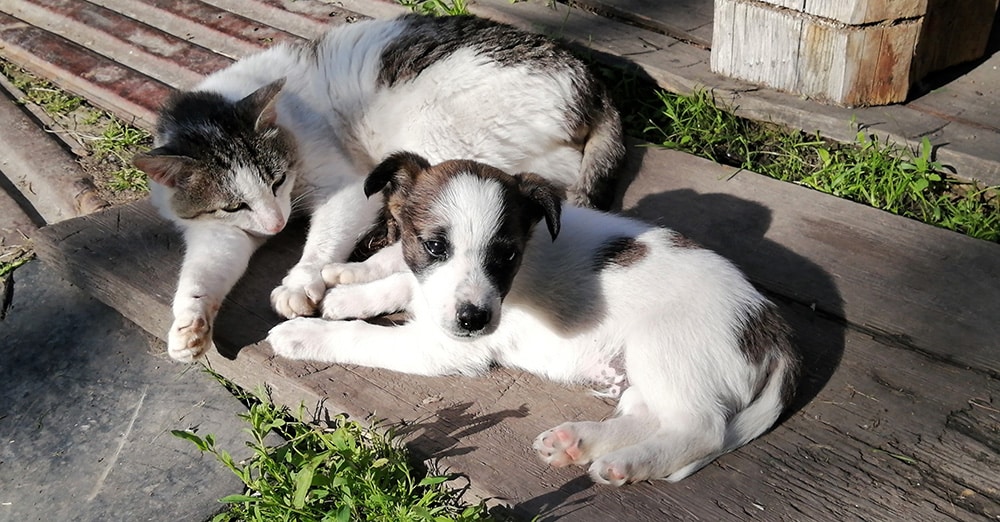
How Often Adult Pets Should Get Vaccinated
The standard for how often an adult dog should be vaccinated in three years. Most vaccinations last that long. Cats receive a full booster of all their kitten vaccinations at one year old and then transition to getting a booster every three years.
How often an adult pet gets non-core vaccinations and revaccinated depends on their age, location and lifestyle. For example, a dog that consistently hikes in heavily wooded areas may need a more frequent lyme disease vaccination. A cat that goes to a pet boarding facility frequently may need a vaccination for kennel cough. Speak with your vet to decide on a vaccination schedule that works best for your specific cat or dog.
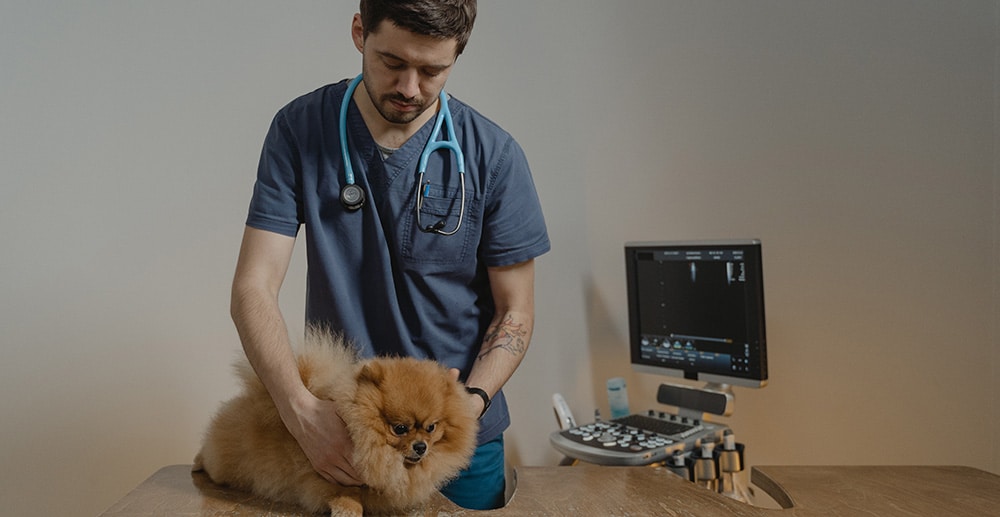
Risks of Pet Vaccination
The side effects of vaccination are typically minor for cats and dogs. A vast majority of pets have little to no symptoms after getting their injections. They include a mild fever, sneezing, discomfort, mild coughing, decreased appetite, decreased activity and swelling at the vaccination site.
Very few pets have an allergic reaction to vaccinations. Signs of an allergic reaction can happen minutes or hours after the injection. They include collapse, vomiting, difficulty breathing, firm swelling around the vaccination site that won’t go away for weeks, swelling of the face, itchy skin and consistent diarrhea. If any of these symptoms occur, call your vet immediately. For more details read here.
Pet Vaccination for Overall Pet Health
Vaccinations help with the overall health of your cat and dog. They prevent disease-causing organisms from effectively attacking your pet’s immune system by building up a defense. Many infections can cause severe damage to your pet’s health and may even result in death. All owners want their pets to have a long life that is of a high quality. Immunization guarantee that your cat or dog will not contract a harmful disease and gives you peace of mind for your pet in a variety of environments.
